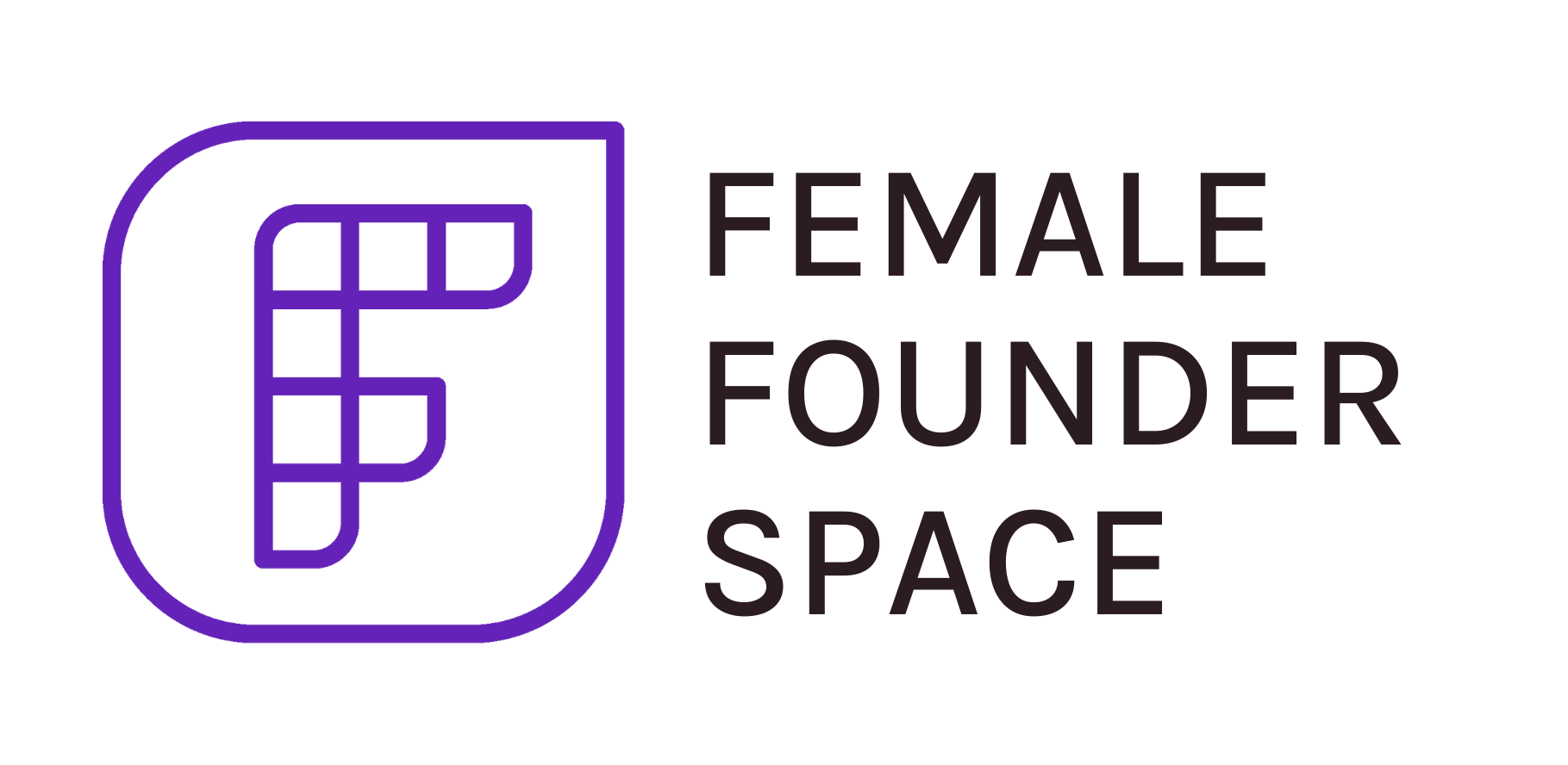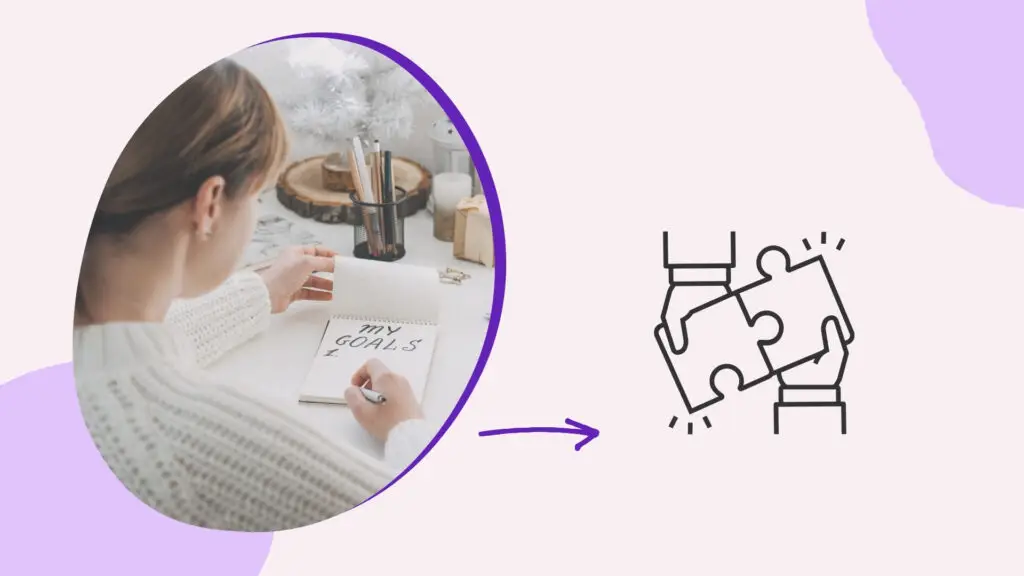Face-ism and Biases That Affect Us at Work

Did you know that it takes only 40 milliseconds to make a quick impression of someone’s individuality? People tend to associate one’s personal or professional traits with facial appearance. Either we relate feminine features to reliability or we link up masculine features to confidence, that works well for us. However, when it comes to biases and unconsciously prejudiced behavior, we meet face-ism, and it may get us in trouble.
Face...what?
Simply put, face-ism is a facial prominence that depicts and measures the head-body ratio of women and men. This theory was born out of a series of studies on gender differences in the 1970s. The central point of such researches was to analyze men and women in the realm of social psychology. It appears that our facial prejudices largely depend on how a person looks. The roots of our preconceived opinions come from ‘What is beautiful is good’ stereotype. Thus, we endue people with the most positive and honorable traits who are perceived as attractive individuals.

Why you should know about it
People who don’t benefit from falling into a category of attractiveness often struggle with social validation. Let’s take an example. You want to get a job and go through the continuous circles of interviews. However, every time you think you nailed it – the conversation, portfolio – there is no answer after. To be honest, the reasons can be outstandingly various, but we need to take into account people’s judgemental attitude towards perceiving facial features or, so to call, face-ism. Why do we act like this? According to Christopher Olivola, human tendency to simplify life by generalization and categorization lead to enabling stereotypical behavior.
Even when your CV and work experience should largely contribute to your employment changes, usually it’s not the case. What does affect decision-making most of all? A simple photo. It is a battlefield for our biased relation to linking facial features with the character’s traits. So, next time instead of endlessly sending the same CV to recruiters, change a photo with a more confident look.
Facial biases are everywhere
Not only we stereotype a candidate’s competency by facial features, but much higher stakes are left on our prejudices. According to studies about CEO’s facial traits, the more dominant you look, the better the chances you will become a CEO. As well as your paycheck will proportionally rise to the level of your perceived or self-rated attractiveness. In fact, there are many crucial spheres in society that should be grounded on facts, not likes. Surveys say that our biases are widely spread in politics and the justice system. For instance, a naive and guiltless face can be your free-out-of-jail card in court. Indeed, people tend to trust someone with an innocent demeanor more, given the same evidence. Additionally, a beautiful and confident facial expression can be your leg-up in elections.
The drawback of face-ism

We feel validated and content when our colleague compliments both our smile and work ethic, but the bias trap can be bittersweet. Imagine someone not so attractive according to one’s stereotypical preferences. This person will not likely get a promotion as fast as a prettier counterpart. If we think about a larger scale of biased influence, we notice that it affects more global things in life. Indeed, a prisoner who failed the judge’s ‘who-looks-more-innocent’ test poses more questions about the consequences of biases.
Take control of your prejudices
There are simple ways that can unfold your open-mindedness and reduce biased patterns. First of all, you should form bias awareness and realize that sometimes certain preconceived notions drive your actions. Also, the “perspective-taking” approach can be very helpful for building a bridge of understanding between people. This implies putting yourself in positions of others, focusing on how their experiences in given a circumstance will vary from yours. One study proved that tackling prejudices with “perspective-taking” is the most effective in terms of long-term benefits.








Responses